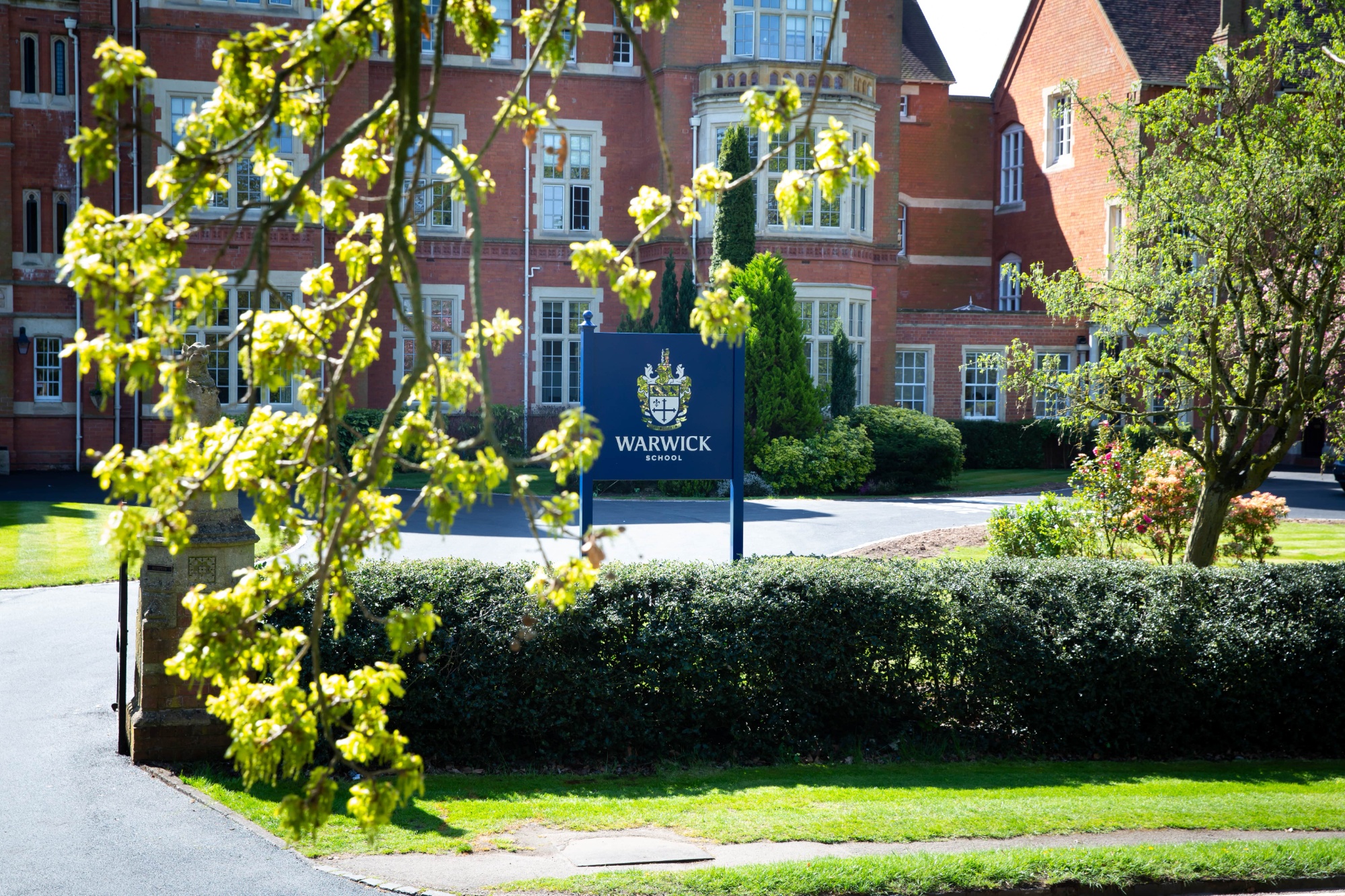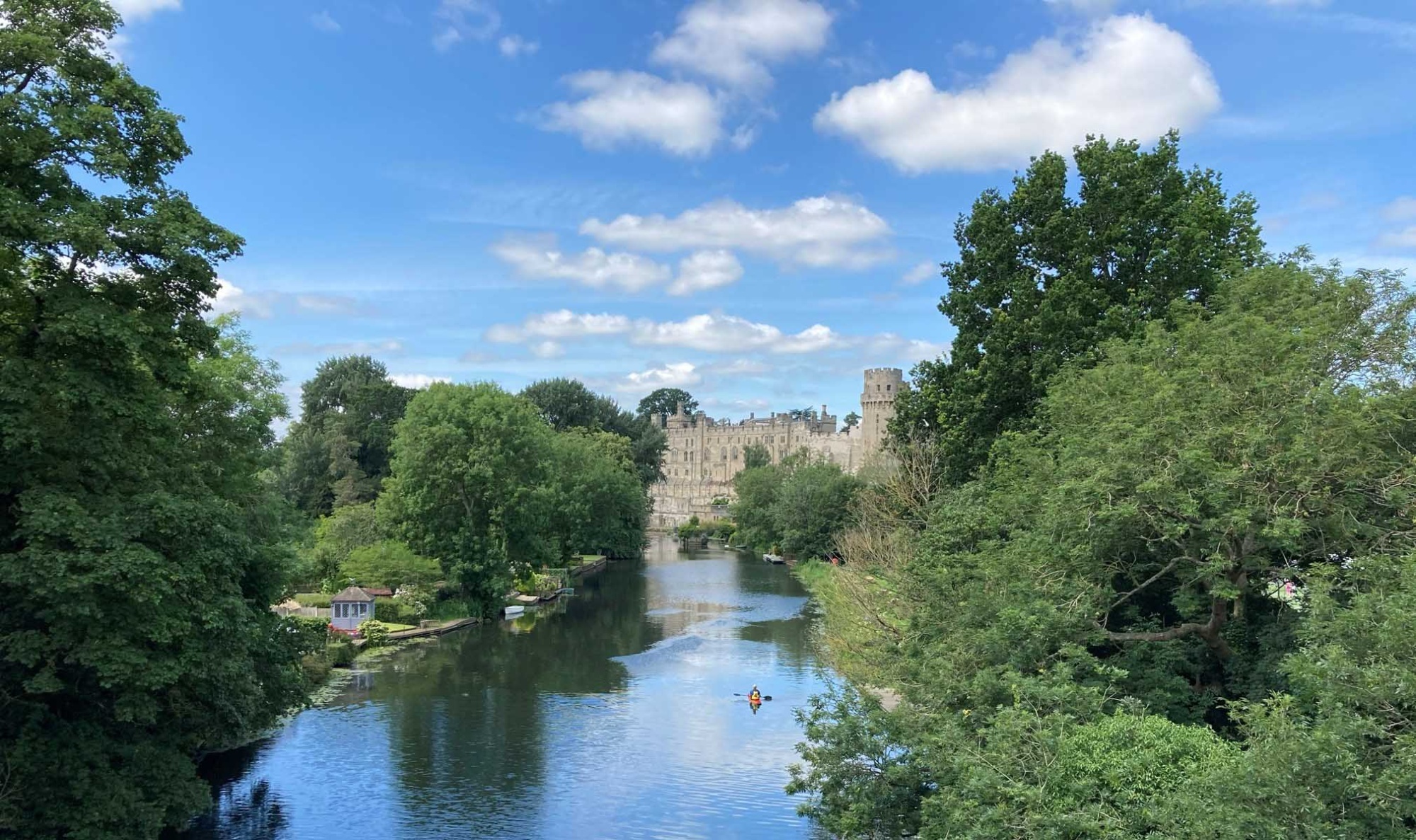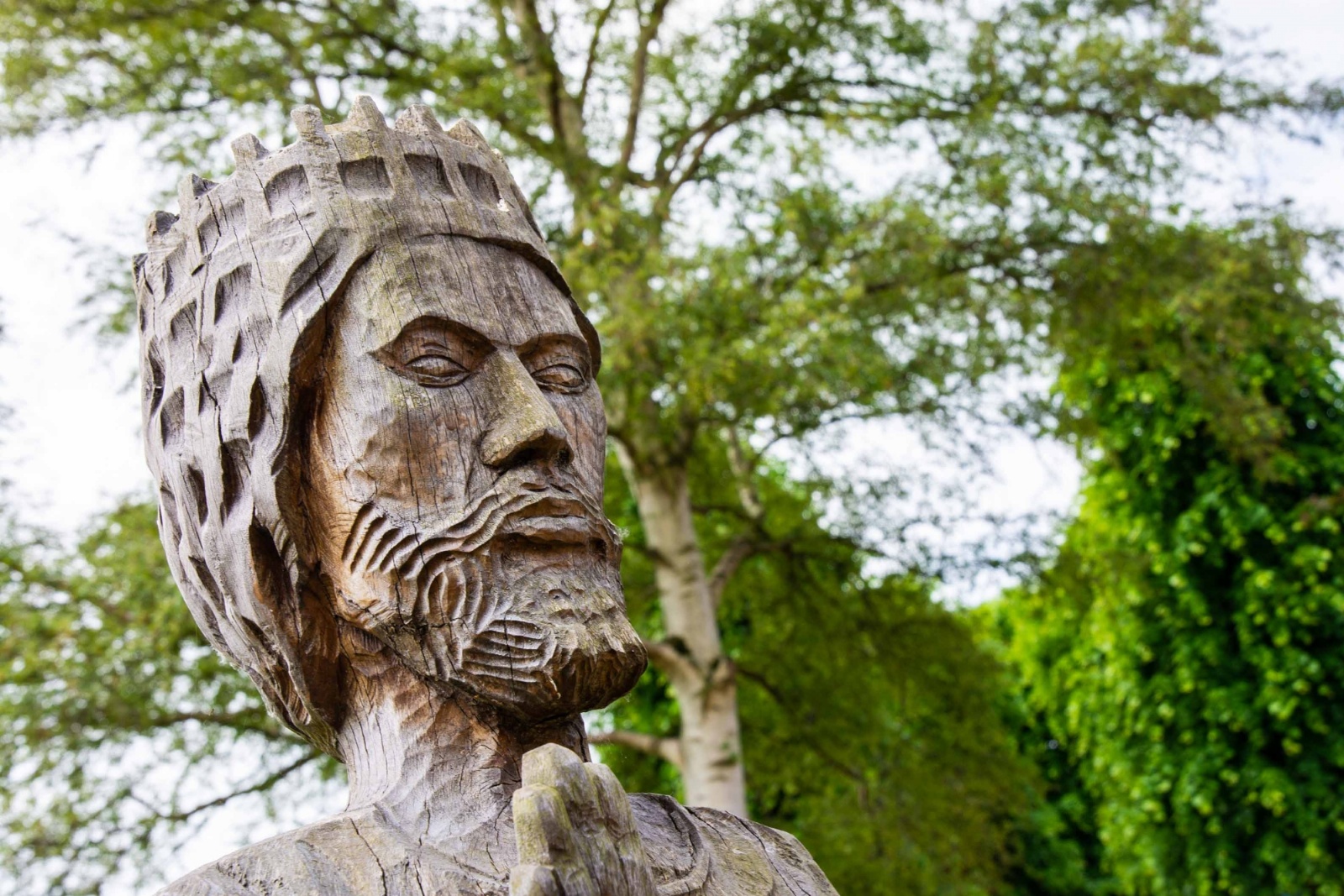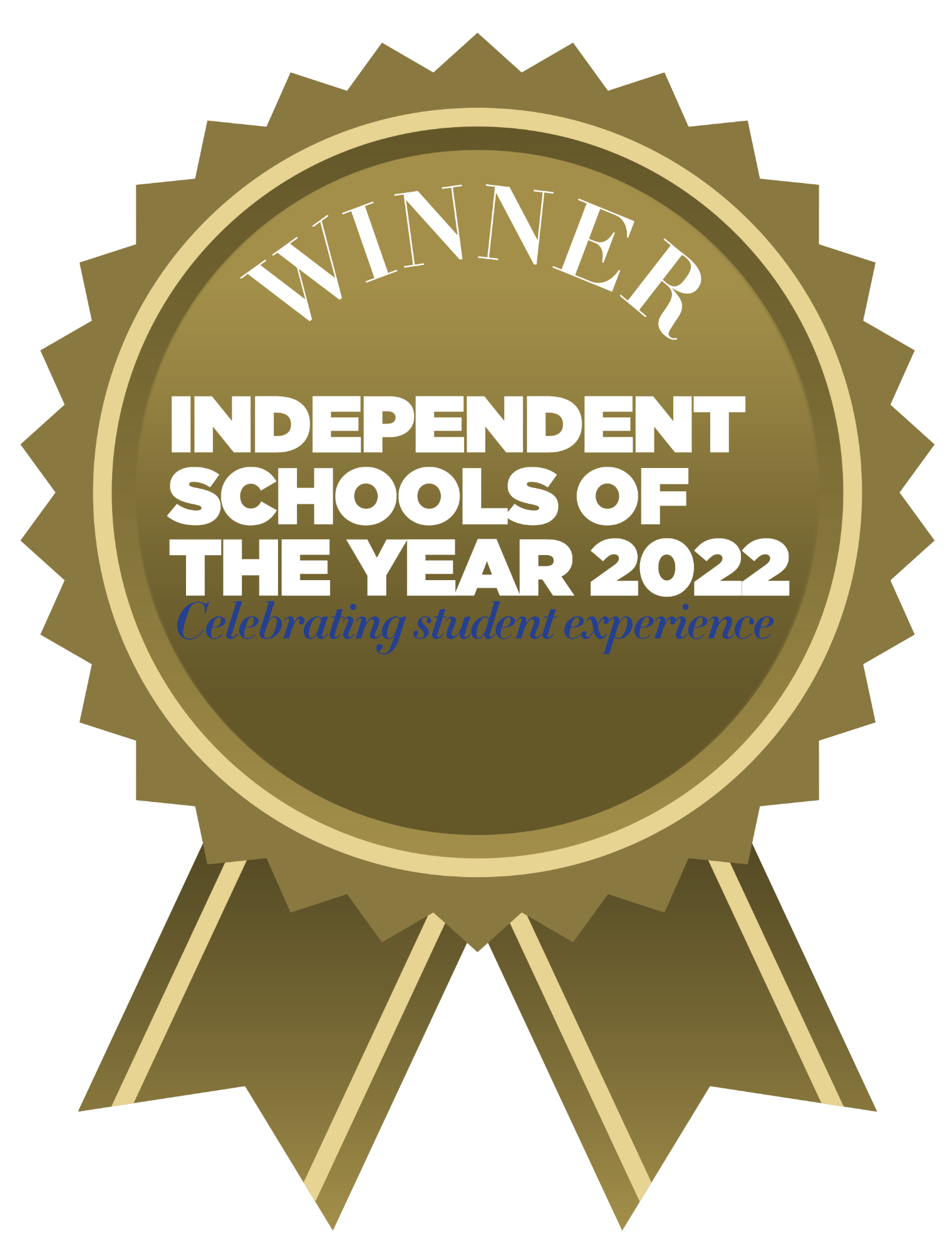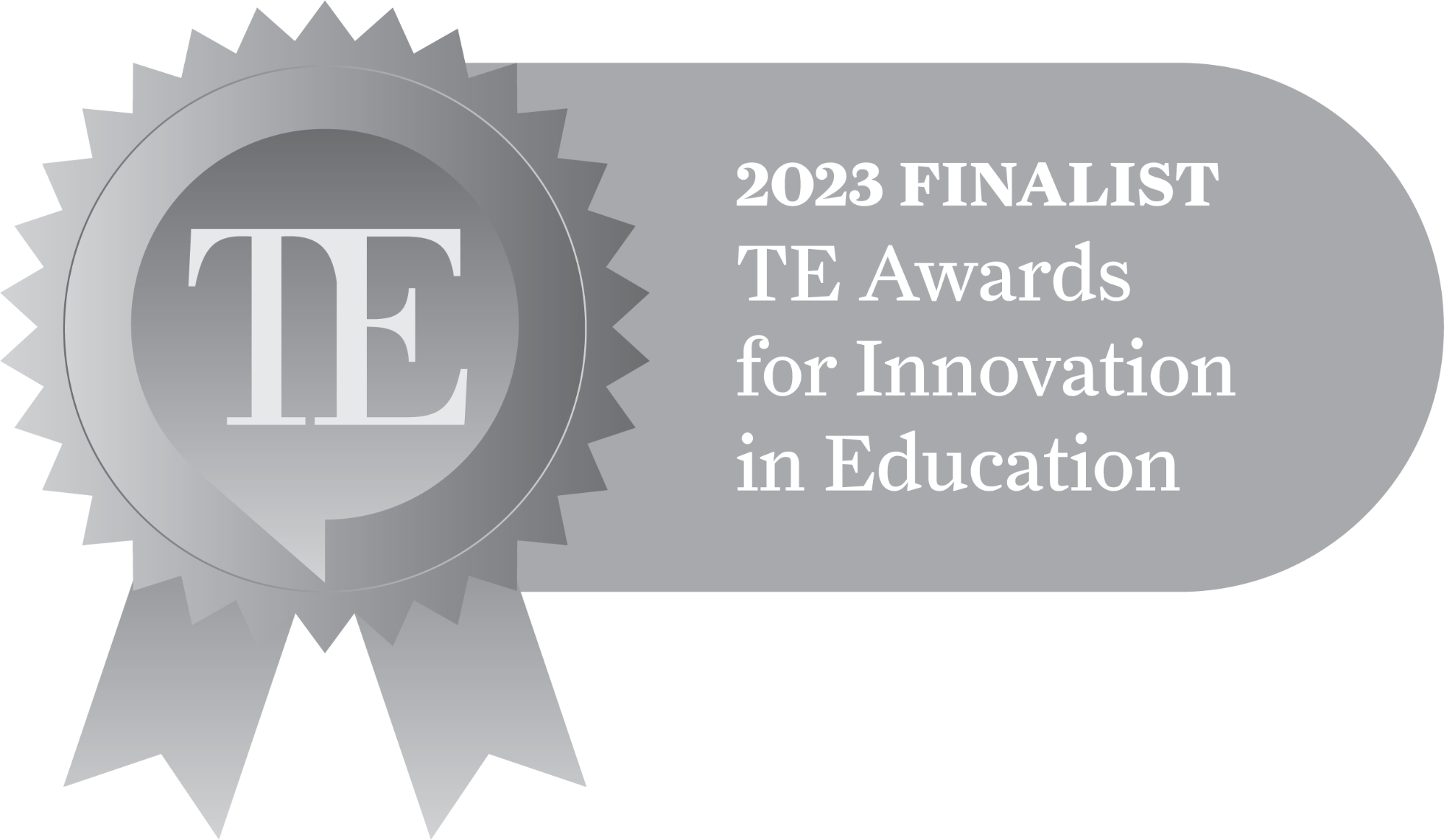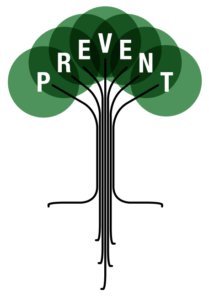Curiosity

One of the values we seek to foster as part of the Warwick Way is Curiosity, but exactly what is curiosity and why is it so valuable.
The Warwick Way defines curiosity as the quality of asking questions, challenging ideas and thinking for oneself.
The impulse to seek new information and experiences and explore novel possibilities is a basic human attribute. As young children we are indefatigably curious.
Why?
That’s the question I both love and dread to hear from my 9-year old son. I dread it because, well, sometimes I don’t know the answer or I’m simply too busy to come up with a good one. I usually do my best to provide an answer because I understand that curiosity is the key to learning, and I must do everything I can to foster that inquisitive spirit no matter how inconvenient a question may be at that particular moment!
As we grow older we invariably become less curious because curiosity and exploration of new ideas and approaches involves questioning the status quo, doesn’t always produce useful additional information and it is easier to concentrate instead of doing the same things more efficiently. But efficiency is no substitute for curiosity. If we do what we have always done even if we do it better and more efficiently we are still at risk of being left behind by those who seek new and innovative ways of doing things.
In the early 1900s Henry Ford focused all his efforts on one goal: reducing production costs to create a car for the masses. By 1908 he had realized that vision with the introduction of the Model T. Demand grew so high that by 1921 the company was producing 56% of all passenger cars in the United States. A remarkable success made possible primarily by the firm’s efficiency-centred model of work. But in the late 1920s, as the U.S. economy rose to new heights, consumers wanted greater variety in their cars. While Ford remained fixated on improving the Model T, competitors such as General Motors started producing an array of models and soon captured the main share of the market. Owing to its single-minded focus on efficiency, Ford stopped experimenting and innovating and fell behind.
‘The definition of insanity is doing the same thing over and over again and expecting different results.’
If we do the same as everyone else and the same thing that we’ve always done, then we will continue to get the same outputs and never push the boundaries of what is achievable. Curiosity is the route of human progress. Most of the breakthrough discoveries and remarkable inventions throughout history, from flints for starting a fire to self-driving cars, have something in common - they are the result of curiosity. Curiosity as a personal quality has clearly played a part in the success of many lauded intellectual giants from artists to scientists. Albert Einstein is famously attributed with the quote -
I have no special talent, I am only passionately curious.
In his recent autobiography England Rugby Head Coach Eddie Jones, declared his advocacy for curiosity when he said,
Curiosity is the heart of invention
As well as being the engine of both personal and human progress, curiosity has numerous other benefits. Curiosity has been linked with psychological, emotional, social, and even health benefits.
Curious people are happier. Research has shown curiosity to be associated with higher levels of positive emotions, lower levels of anxiety, more satisfaction with life, and greater psychological well-being. Of course, it may be, at least partially, that people who are already happier tend to be more curious, but since novelty makes us feel good, our brains have evolved to release dopamine and other feel-good chemicals when we encounter new things, it seems likely that curiosity leads to happiness as well.
Curiosity boosts achievement. Studies reveal that curiosity leads to more enjoyment and participation in school and higher academic achievement, as well as greater learning, engagement, and performance at work. It may seem like common sense, but when we are more curious about and interested in what we are doing, it’s easier to get involved, put effort in, and do well.
Curiosity can expand our empathy. When we are curious about others and talk to people outside our usual social circle, we become better able to understand those with lives, experiences, and worldviews different from our own.
Curiosity helps strengthen relationships. A study asked strangers to pose and answer personal questions, a process that scientists call “reciprocal self-disclosure.” They found that people were rated as warmer and more attractive if they showed real curiosity in the exchange, while other variables like the person’s social anxiety and their levels of positive and negative emotions did not affect the partner’s feelings of attraction and closeness.
Curiosity is a natural human attribute, something we are all born with but is something that we must work to maintain as we grow older. Knowing the importance of curiosity, we have a duty to work at remaining purposefully curious. We can do this by;
Keeping an open mind. This is essential if you are to have a curious mind. Be open to learn, unlearn, and relearn. Some things you know and believe might be wrong, and you should be prepared to accept this possibility and change your mind.
Stop simply taking things at face value. Try to dig deeper beneath the surface of what is around you. If you just accept the world as it is without trying to dig deeper, you will lose the ‘purposeful curiosity’ that is so valuable.
Ask questions relentlessly. A sure way to dig deeper beneath the surface is asking questions: What is that? Why is it made that way? When was it made? Who invented it? Where does it come from? How does it work? What, why, when, who, where, and how are the best friends of curious people.
Don’t label something as boring. Whenever you label something as boring, you close one more door of possibility. Curious people are unlikely to call something boring. Instead, they always see it as a door to an exciting new world. Even if they don’t yet have time to explore it, they will leave the door open to be visited another time.
See learning as something fun. If you see learning as a burden, there’s no way you will want to dig deeper into anything. That will just make the burden heavier. But if you think of learning as something fun, you will naturally want to dig deeper.
Make sure there is diversity in your reading. Don’t spend too much time in just one world; take a look at other worlds. It will introduce you to the possibilities and excitement of these different worlds which may spark your interest to explore them further. One easy way to do this is through reading diverse genres and topics.
I will leave you with one final quote from Einstein -
The important thing is to never stop questioning… Never lose a holy curiosity.
So, this half-term encourage your son’s curiosity. Encourage them to try or read something different.

